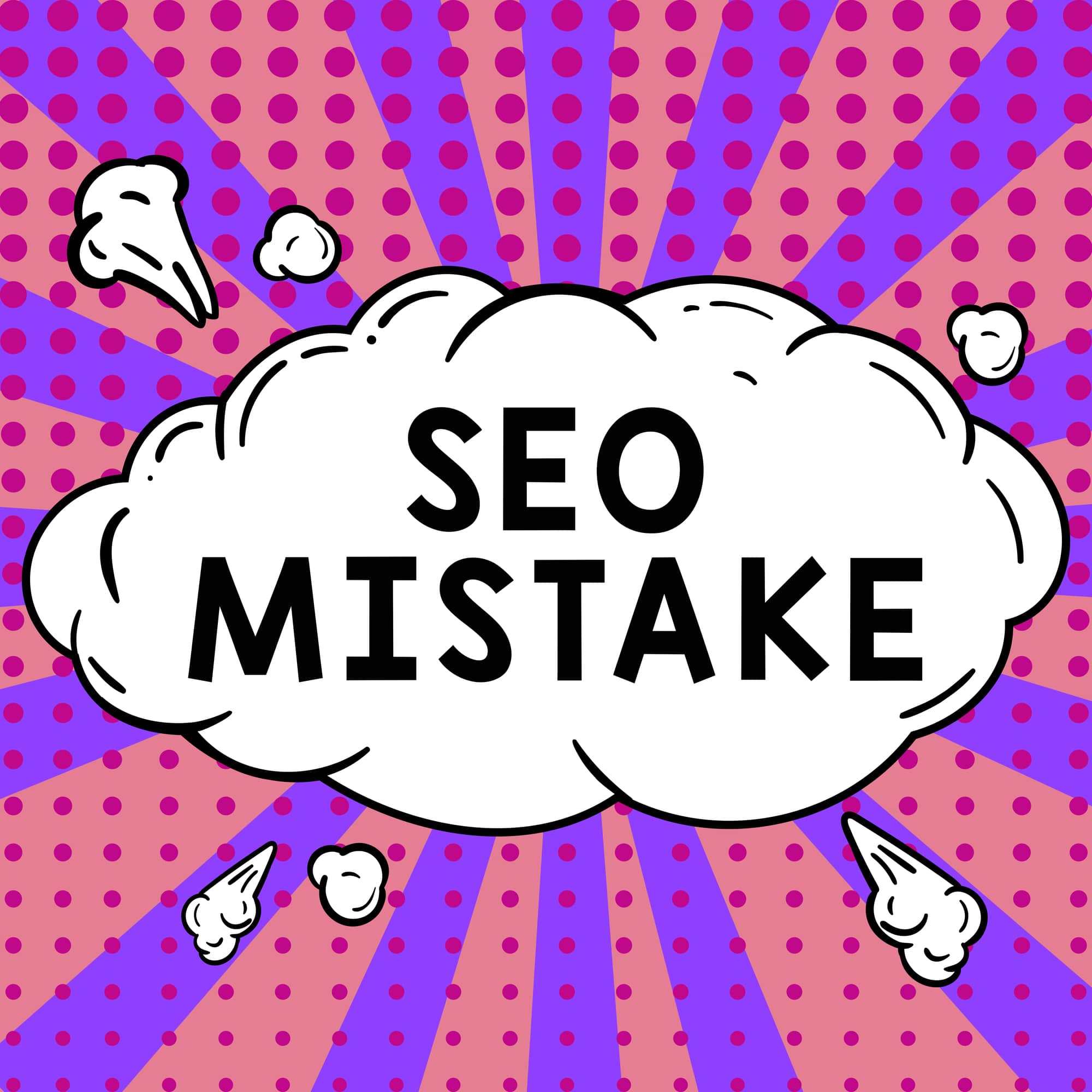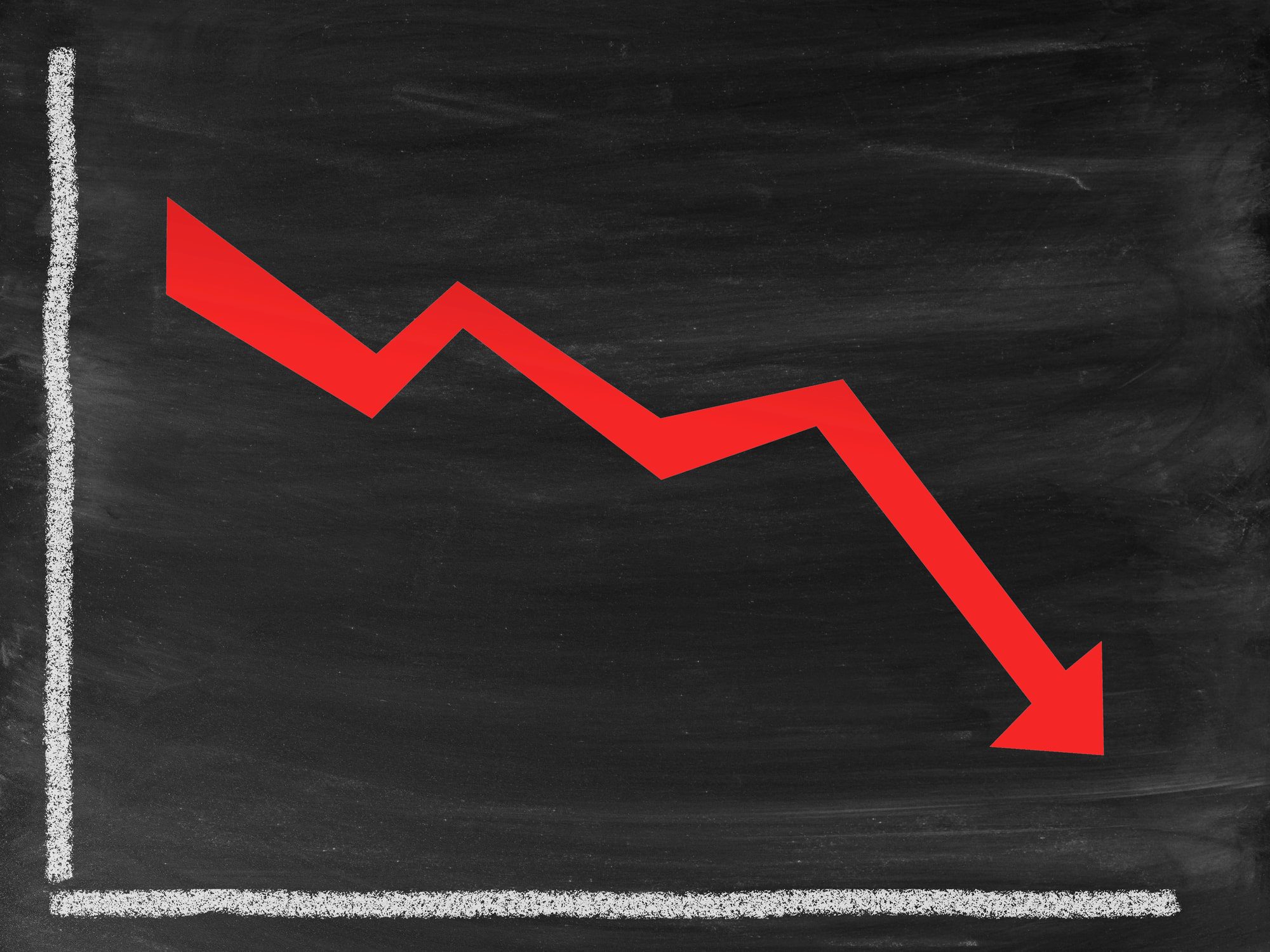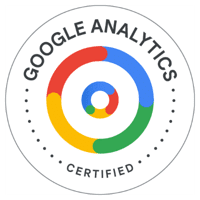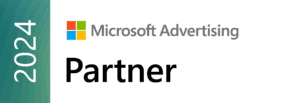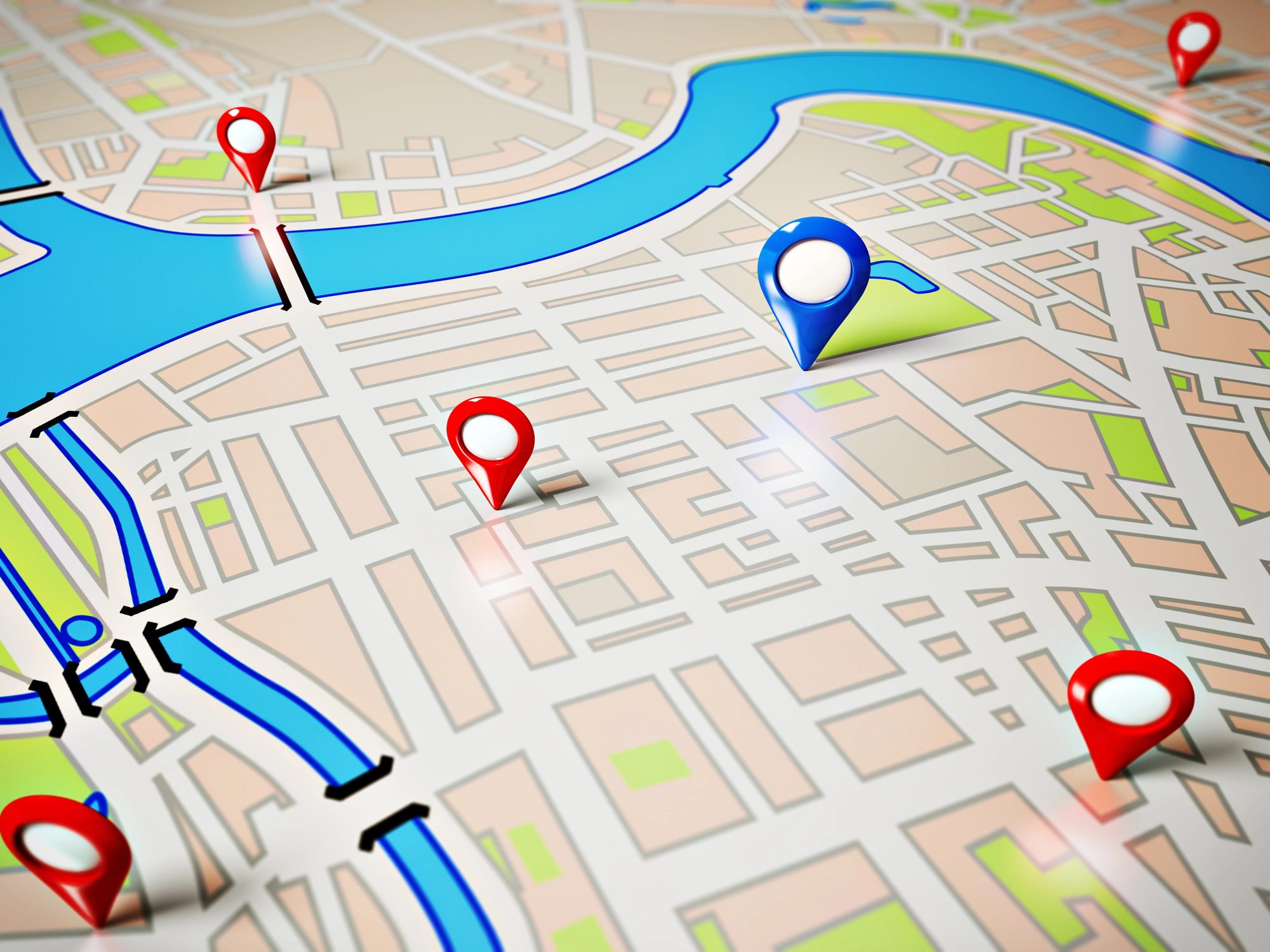 Your Google Business Profile (a.k.a GBP, and formerly Google My Business) is often the first impression potential customers have of your business. They read your reviews. They look through your photos. They get directions to you. And when they’re searching for your products or services, you want your business to be at the top of the results, next to the map.
Your Google Business Profile (a.k.a GBP, and formerly Google My Business) is often the first impression potential customers have of your business. They read your reviews. They look through your photos. They get directions to you. And when they’re searching for your products or services, you want your business to be at the top of the results, next to the map.
But how can you ensure that you show up in the Google “map pack,” ahead of your competitors? You optimize your Google Business Profile. As a local business owner, tapping into the power of GBP not only boosts your visibility but also significantly drives up your traffic and sales. Follow these tips to polish your profile and stay ahead of your competitors.
Ensure NAP Consistency
We’re not talking about a sleeping nap. (Google never sleeps!) This NAP is your Name, Address, and Phone number, and it should be consistent across all directories and your website. If your website has your address as 555 Main Street, make sure your Google Business Profile, your Yelp page, your Bing Places listing, etc., list “555 Main Street,” as well (not “555 Main St.”). Notice the difference? Likewise, if “Street” is shortened to “St.” on your website, list it that way in the directories.
Many cities have streets with very similar names (like 2nd St. and 2nd Ave.). If your address doesn’t match what’s on your website, you may confuse potential customers and search engines.
You should regularly check your listings on all platforms, including social media, to ensure they are uniform and up-to-date.
Optimize Your Business Name with Keywords
If your business name has a keyword in it, your GBP will rank higher. The caveat is that it really does have to be your legal business name. You can’t just change the name of your business in Google… unless you want to run the risk of Google removing you from search results entirely.
There are some industries that would work well for this, like law. For example: “Smith Family Law,” or “Smith Personal Injury Attorneys.”
If you consider changing your name, tread carefully. Don’t just stuff your business name with keywords. Weigh your decision with legality and branding considerations.
Create Individual Landing Pages for Each Business Location
If you have several locations, each one should have a separate landing page and its own Google Business Profile. But don’t just copy and paste the same content on every location page. (That’s duplicate content, an SEO no-no.) Instead, give each landing page specific details about that location, such as services offered, team information, or unique promotions.
Create Location-Specific Content Silos
A content silo is a cluster of related information focused around a key topic. If you’re a plumber, it’s a good idea to have content silos for each of the services you offer. So you may have a page for “faucet installation in New York City,” and another page for “leak detection in New York City.”
Incorporate Schema Markup on Landing Pages
Schema markup helps search engines provide more informative results. Incorporating LocalBusiness schema into your website, especially on your individual location landing pages, is like giving search engines a detailed map of your business. And it can include more than just NAP information. You can add schema for your operating hours, services, reviews, images, and more.
Here’s an example of how LocalBusiness schema can help you if you’re a plumber:
- Potential customer searches “best plumber in Austin”
- With LocalBusiness schema correctly implemented, you show up higher in the map pack
- Your business also ranks higher in the organic search results, and the snippet shows more than your business name. (Example in the image below)

This enriched snippet stands out from competitors, drawing users’ attention and making them more likely to click through to your website.
Optimize Your Title Tags and Headers
Taking the same example from above, this is what your title tag looks like in Search results:

Title tags are often the first encounter potential customers have with your brand via search results, and they’re important to help search engines understand what your page is about. To optimize them effectively:
Use Your Keywords: Choose keywords that accurately reflect the core of your service or product, and then use them in your title tags. Instead of “Joe’s Cafe,” try “Joe’s Cafe & Italian Food in Denver.”
Include Location Details: Adding your business location or service area can boost your rankings too. In the example above, adding “in Denver” does a lot for local search results.
Your headers (H1s and H2s) can make a big difference in your rankings too. It’s best to use a keyword in your H1 and sprinkle keywords and locations throughout your H2s as well. But don’t stuff your page full of keywords. They should feel natural to the reader. Otherwise, you run the risk of sounding spammy, which is a big turn-off for potential customers.
Include Written Directions and Landmarks
It’s old school, and most people will probably just use a GPS app to find you, but written directions can be beneficial to your map rankings. When you namecheck familiar landmarks, it will be easier for search engines to associate your business with your location.
Leverage Customer Reviews
Reviews are the lifeblood of local business credibility. They not only boost your rankings but also build trust with potential customers. Encourage satisfied customers to leave a review, and always respond to feedback—good or bad—in a constructive and positive manner.
Update Your Profile Regularly
Keep your GBP as current as your business. Post updates about new products. Invite people to special events. Keep your opening hours up-to-date. The constant refresh will keep your customers informed and engaged, and it can also signal that your business is active, which might help improve your overall visibility.
Monitor and Analyze Your GBP Performance
Understanding what works and what doesn’t is key to refining your strategy. Use Google’s built-in tools to track how customers are interacting with your profile and what drives the most traffic. Insights gained here can help you fine-tune your approach to local SEO.
Consider Hiring a Local SEO Agency to Help
Optimizing your Google Business Profile is an ongoing journey. Our team is constantly learning more about the latest algorithm updates, search engine news, and tips to keep our clients’ businesses ranking high in search results. If you ever feel overwhelmed with SEO, we’re here to help. Contact us today at (443) 475-0787 or info@periscopeup.com to learn more about what we can do for your business.
